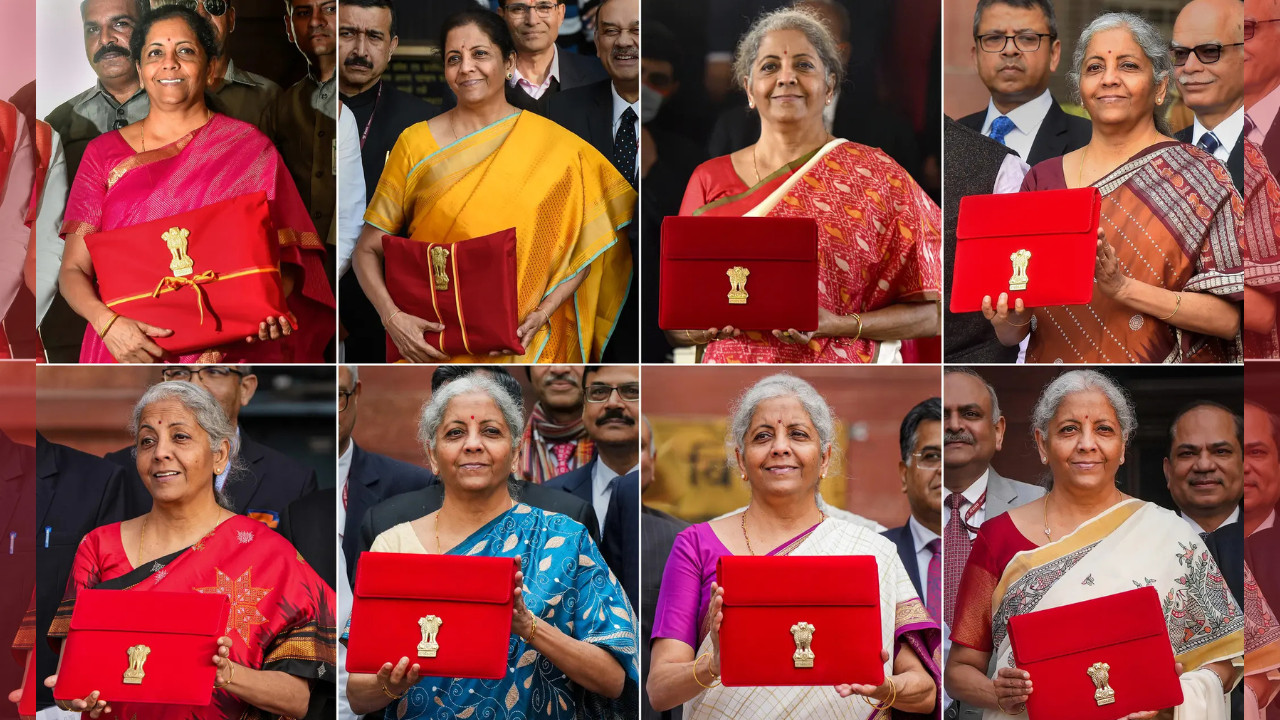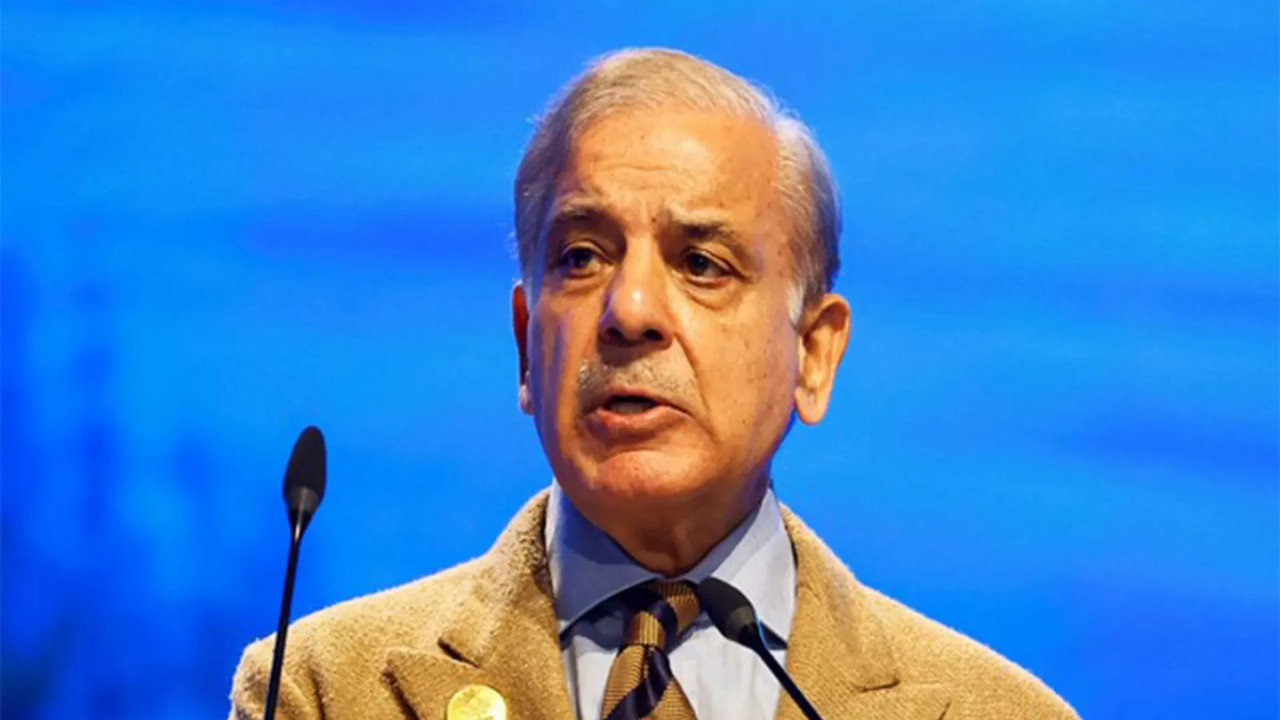IndusInd Showdown: Investors Push Back on Promoter Board Seat Nominations
The air crackled with tension at IndusInd Bank’s recent annual general meeting (AGM). Forget the usual rubber-stamping of proposals; this year, a significant chunk of shareholders raised their voices, effectively blocking the Hinduja family’s attempt to appoint two of its members to the bank’s board. What’s behind this unexpected rebellion, and what does it mean for the future of this major Indian financial institution?
The specifics of the vote are telling. While the appointments needed a simple majority to pass, they fell considerably short. Ashok Hinduja garnered only 65.24% of the votes, while Harsha Hinduja fared even worse, securing just 64.65%. These figures, though seemingly high, represent a clear message: a substantial portion of IndusInd’s investors are hesitant about the level of promoter influence on the board. It’s a rare instance of institutional investors flexing their collective muscle.
So, why the resistance? While no formal statements have been issued citing specific concerns, the whispers circulating among financial analysts and market observers paint a picture of nuanced anxieties. Some believe investors are wary of potential conflicts of interest arising from having multiple family members involved in key decision-making roles. This is a delicate situation, particularly in a highly regulated sector like banking. Transparency and independent oversight are paramount to maintaining investor confidence and ensuring sound corporate governance.

Another factor contributing to the investors’ decision might be the ongoing legal battles faced by the Hinduja Group in other parts of the world. While these issues are unrelated to IndusInd Bank directly, they likely weigh on the minds of shareholders tasked with protecting their investment. Reputation matters, and any perceived risk, however distant, can influence voting behavior. Nobody wants to wake up to unexpected headlines that could negatively impact the bank’s performance.
What This Means for IndusInd Bank
The immediate impact is clear: the IndusInd Bank board will remain as it is, without the addition of the two Hinduja family members. But the longer-term implications are far more significant. This vote serves as a wake-up call for the promoters, highlighting the need for a more collaborative approach with investors. Ignoring such a clear signal could lead to further challenges in the future, particularly regarding other key strategic decisions.
The Power of Institutional Investors
This episode underscores the growing power and influence of institutional investors in India. They’re no longer content to be passive observers. They’re increasingly willing to actively engage with companies, voice their concerns, and, as demonstrated in this case, vote against proposals they deem detrimental to their interests. This trend signifies a maturation of the Indian financial market, pushing companies towards greater accountability and improved corporate governance.
The fact that this happened at IndusInd, a well-respected and systemically important bank, makes it all the more noteworthy. Other companies, both in the financial sector and beyond, are undoubtedly taking note. They are learning that a proactive and transparent relationship with their investors is not just good practice; it is crucial for long-term success.
Focusing on Corporate Governance: A Priority
The episode calls for a renewed focus on corporate governance best practices. This includes ensuring a diverse and independent board, implementing robust risk management frameworks, and fostering open communication with all stakeholders. For IndusInd Bank, specifically, it might involve clarifying the roles and responsibilities of promoter-affiliated board members to alleviate investor concerns and ensure that decision-making is always aligned with the best interests of the bank.
Ultimately, the goal is to create a corporate environment where all stakeholders – promoters, management, and investors – work together to build a sustainable and successful future. This is something we also cover in our post on [sustainable investing trends](internal-link-to-sustainable-investing).
In conclusion, the IndusInd Bank AGM was more than just a procedural event. It was a watershed moment that highlighted the growing influence of institutional investors and the importance of strong corporate governance. This unexpected turn of events could reshape the bank’s future, pushing it towards greater transparency and accountability, and ultimately, a more sustainable path to long-term growth. Only time will tell if the promoters adjust their strategy and prioritize a more collaborative approach with investors, but the message has been delivered loud and clear.







